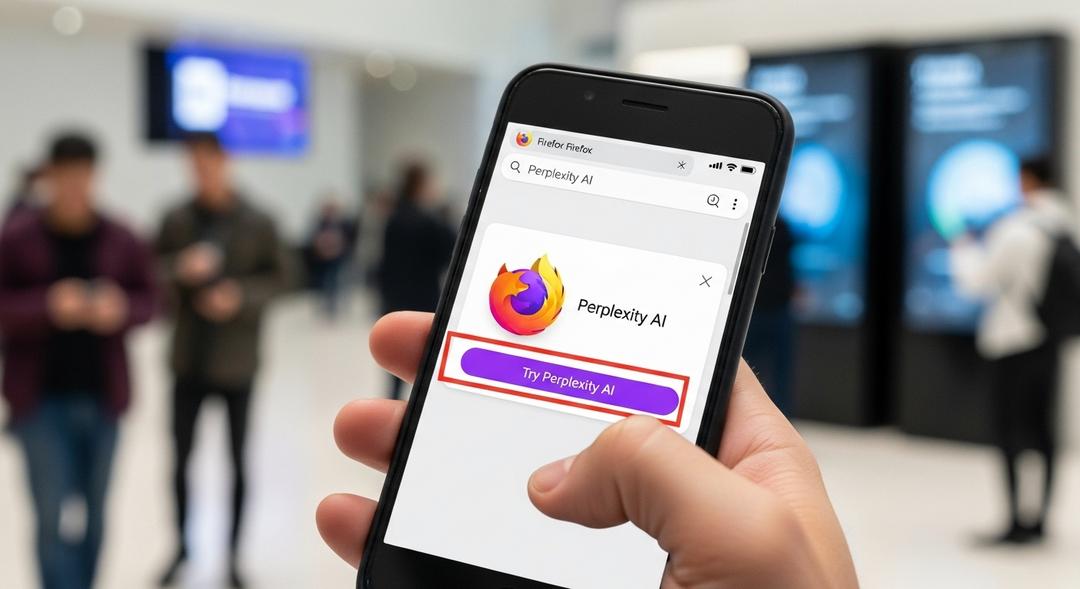OpenAI has put its cards on the table with a brand new browser called ChatGPT Atlas browser announcement, ready to challenge the biggest names in tech.
Users on macOS can already dive into Atlas, though those on Windows, iOS, and Android will need a bit more patience until access widens. For now, only subscribers to ChatGPT Plus and Pro plans get to try out the much talked about “agent mode,” which takes everyday browser tasks and hands them over to AI.
The Browser Wars Enter an AI Era
Sam Altman, OpenAI’s CEO, spoke confidently about where web browsing is headed, suggesting that “the chat experience in a web browser can be a great analog.” Atlas climbs above the crowd by offering a memory feature, working to remember user preferences and past activity, a detail Adam Fry, product lead for ChatGPT Search, called “more personalized and more helpful to you.”
This personalized approach extends to Atlas’s agent mode, opening the door for ChatGPT to not just suggest, but to actually perform actions for users. Booking flights, making reservations, even editing a work document can become as simple as a prompt. Users keep control of the memories collected by the browser, able to manage or erase them within the settings menu, and an incognito window is always available for private browsing.
Browsing with Atlas often means viewing a split screen: one half displaying your chosen web page, the other showing a ChatGPT chat window. OpenAI touts this companion mode as a way to keep helpful context in view, though users can return to a standard browsing experience with a single click.
In a demonstration, the team highlighted Atlas’s ability to summarize web content instantly or clean up awkward lines from emails through an intuitive “cursor chat” feature. Ben Goodger, who previously worked on major browsers like Chrome and Firefox, helped oversee these smooth transformations. Altman praised the browser as “smooth” and “quick,” predicting it would become “just a great browser all around.”
The introduction of Atlas comes at a time when the whole browser landscape is undergoing a shift. Earlier this summer, the company Perplexity grabbed headlines with its own AI-rich Comet browser, which answers search queries directly instead of simply listing links, summarizes videos in open tabs, clears out email clutter, and even logs into Amazon to place orders when asked.
Meanwhile, Google has also doubled down on the AI arms race, teasing deeper integration of its Gemini assistant in Chrome. The plan is for Gemini to handle chores like booking reservations or grocery shopping, though Google has remained coy about when these new features will arrive for users.
The competition to reimagine how people use the web just got a powerful new player, as AI competition heats up in search and browsers.








